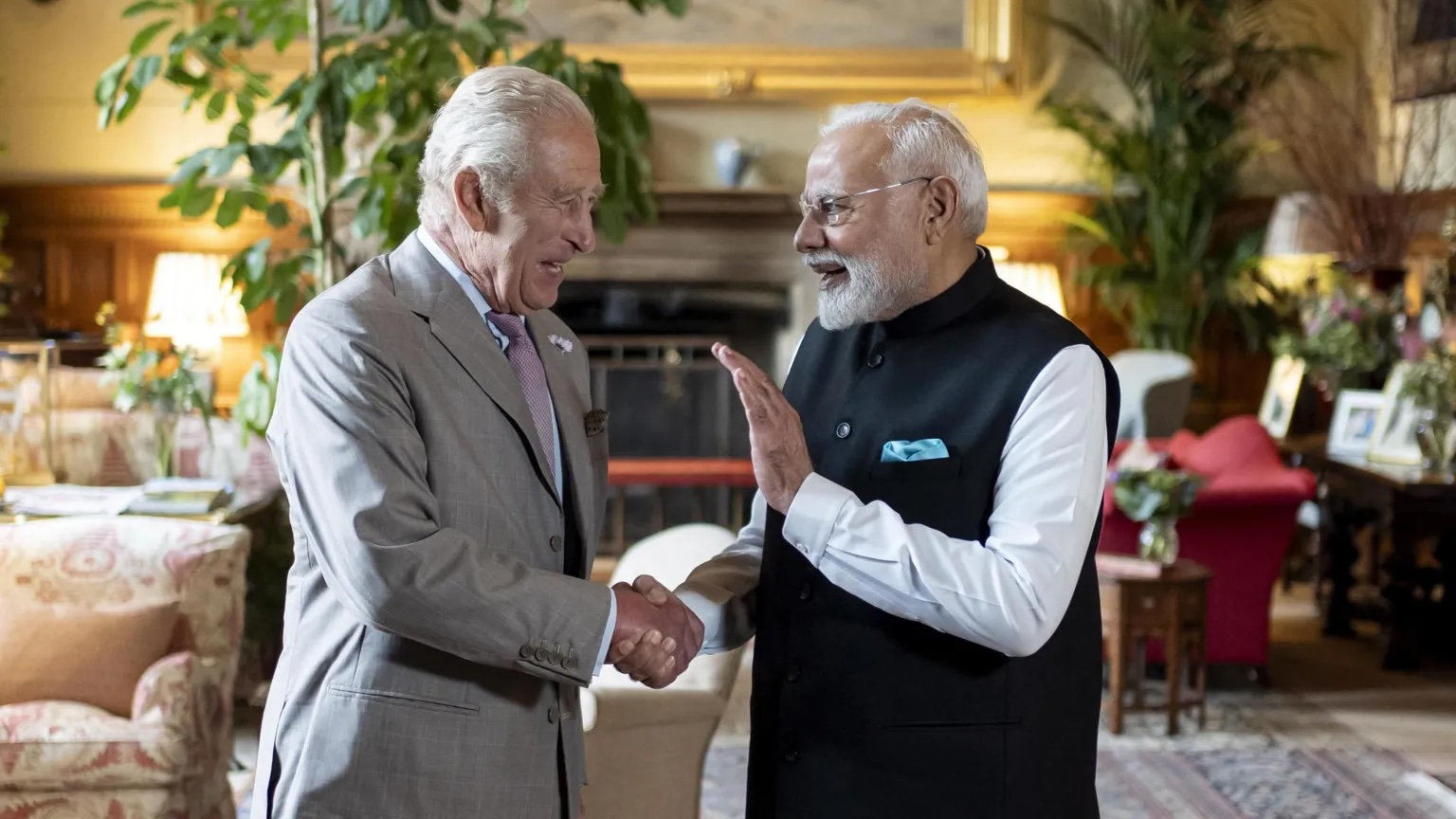
UK and India Sign Landmark Trade Deal Slashing Tariffs, Boosting Bilateral Ties » Capital News
LONDON, July 25 – The United Kingdom and India have signed a landmark trade agreement that will slash tariffs on a wide range of goods—from textiles and spices to whisky and cars—while expanding market access for businesses in both countries.
British Prime Minister Keir Starmer described the deal as a “landmark moment” during a joint appearance with Indian Prime Minister Narendra Modi at Chequers, the Prime Minister’s country residence. The agreement was formally signed by UK Trade Secretary Jonathan Reynolds and his Indian counterpart Piyush Goyal.
The signing follows a free trade agreement reached in principle by the two leaders in May, after more than three years of on-and-off negotiations. The deal still requires ratification by the UK Parliament.
“This is not the extent or the limit of our collaboration with India,” said Starmer. “We have unique bonds of history, family, and culture—and we want to strengthen this relationship further to be even more ambitious, modern, and long-term.”
Starmer also described the pact as “the biggest and most economically significant trade deal” the UK has concluded since exiting the European Union in 2020. However, the UK’s Office for Budget Responsibility has projected that overall exports and imports will be around 15% lower in the long run compared to a scenario in which the UK had remained in the EU.
Standing alongside Starmer, Modi hailed the agreement as a “blueprint for our shared prosperity,” marking India’s most significant strategic trade pact with an advanced economy. Indian officials say the deal could set a template for future trade negotiations with the European Union and other regions.
Key Highlights of the UK-India Trade Deal:
- Tariffs on British goods to India will fall from an average of 15% to 3%.
- Alcoholic beverage duties will be reduced: Whisky and gin tariffs cut from 150% to 75%, and eventually to 40% over 10 years.
- Automotive tariffs to fall from over 100% to 10% under a quota system.
- 99% of Indian exports to the UK, including textiles, footwear, and food products, will face zero import duty.
Economic Impact and Investments
The two nations expect the agreement to boost bilateral trade by £25.5 billion ($34.4 billion) and contribute an additional £4.8 billion ($6.5 billion) annually to the UK economy. They also announced nearly £6 billion ($8 billion) in new trade and investment deals in sectors such as AI, aerospace, and dairy products.
The UK and India further committed to enhanced cooperation in defence, migration, health, climate action, and digital innovation.
Britain and India are currently the sixth and fifth-largest economies globally, with a bilateral trade relationship valued at around £41 billion ($55.3 billion) and supporting over 600,000 jobs across both countries.
Diplomatic Engagements and Tragedy Overshadow Talks
Modi’s visit to the UK—his fourth since assuming office in 2014—also includes meetings with King Charles III and discussions on recent geopolitical developments.
The two leaders were expected to address the Air India crash on June 12, in which a London-bound flight from Ahmedabad crashed shortly after takeoff, killing 241 people, including 169 Indian passengers and 52 British nationals. It is one of the deadliest aviation disasters involving UK citizens.
Starmer and Modi had met twice in the past year—at the G7 Summit in Canada and at the G20 Summit in Brazil.